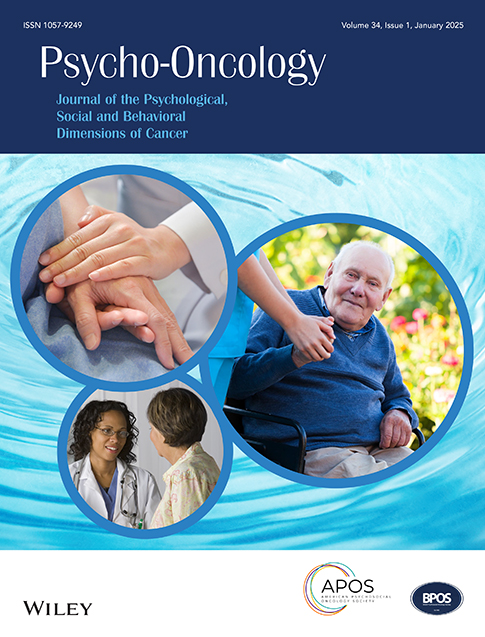Accelerated Resolution Therapy for Cancer Distress and Post-Traumatic Stress Symptoms: Results of a Pilot Study
Funding: This study was funded by a Florida Focused Research Grant from Mayo Clinic.
ABSTRACT
Background
An estimated one-third of cancer survivors suffer from post-traumatic stress (PTS) symptoms. PTS is associated with high levels of cancer distress, anxiety, and depression. Few evidence-based treatments are available for PTS. Accelerated Resolution Therapy (ART) is a form of trauma-focused psychological therapy that has been found to be both safe and effective at alleviating post-traumatic stress symptoms, psychological distress, anxiety and depressive symptoms in non-cancer populations.
Methods
The purpose of this single arm, pilot study was to examine the preliminary efficacy of ART for alleviating post-traumatic stress symptoms, cancer distress, depressive symptoms and anxiety among cancer survivors, as well as to evaluate baseline characteristics of persons most likely to respond to ART. Participants were provided with five ART sessions and outcome variables were assessed at enrollment, immediately following ART, and 30 days post ART. Paired t-tests were used to examine differences between scores at each time point. Associations between the PCL-5 score from baseline to post 30-day visit were assessed and other variables were examined using univariate linear regression.
Results
In a sample of 20 cancer survivors, statistically significant decreases in PTS symptoms (p < 0.0001), cancer distress (p < 0.0001), anxiety (p = 0.0002), and depression (p < 0.0001) from pre to post intervention were present. These improvements remained 30 days post-intervention. Higher baseline PCL-5 scores, as well as higher scores on two subscales of the cancer distress measure were associated with response to treatment.
Conclusions
Findings suggest that ART is an effective therapeutic intervention for reducing PTS symptoms and cancer distress among cancer survivors.
Conflicts of Interest
The authors declare no conflicts of interest.
Open Research
Data Availability Statement
The data that support the findings of this study are available from the corresponding author upon reasonable request.




